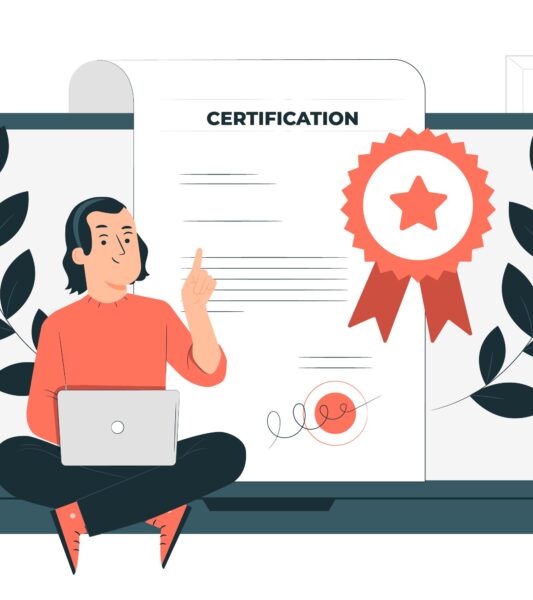Resources
Compliance Culture
Compliance culture refers to the ethical and regulatory framework within an organization that promotes adherence to anti-money...

Public-Private Partnerships (PPPs)
Public-Private Partnerships (PPPs) in the context of anti-money laundering (AML) refer to collaborative efforts between governmental entities...

AML Penalties
AML penalties refer to the financial or regulatory consequences imposed on individuals, organizations, or financial institutions for...

Whistleblower Protections
As part of the ongoing efforts to combat money laundering and other illicit activities, whistleblower protections play...

Central Bank Reporting
Central Bank Reporting plays a vital role in the Anti-Money Laundering (AML) framework by providing valuable insights...

AML Certification
AML, or Anti-Money Laundering, certification is a professional qualification that individuals can obtain to demonstrate their understanding...

Internal Audit (AML)
Internal audit plays a crucial role in ensuring the effectiveness and efficiency of an organization's anti-money laundering...

Inherent Risk
Inherent risk refers to the level of risk inherent in a business or industry that can potentially...

Digital Identity Verification
Digital identity verification plays a vital role in verifying the authenticity and integrity of individuals in the...

De-risking Strategy
Learn about de-risking strategy and how it helps financial institutions manage risks, streamline operations, and stay compliant...
